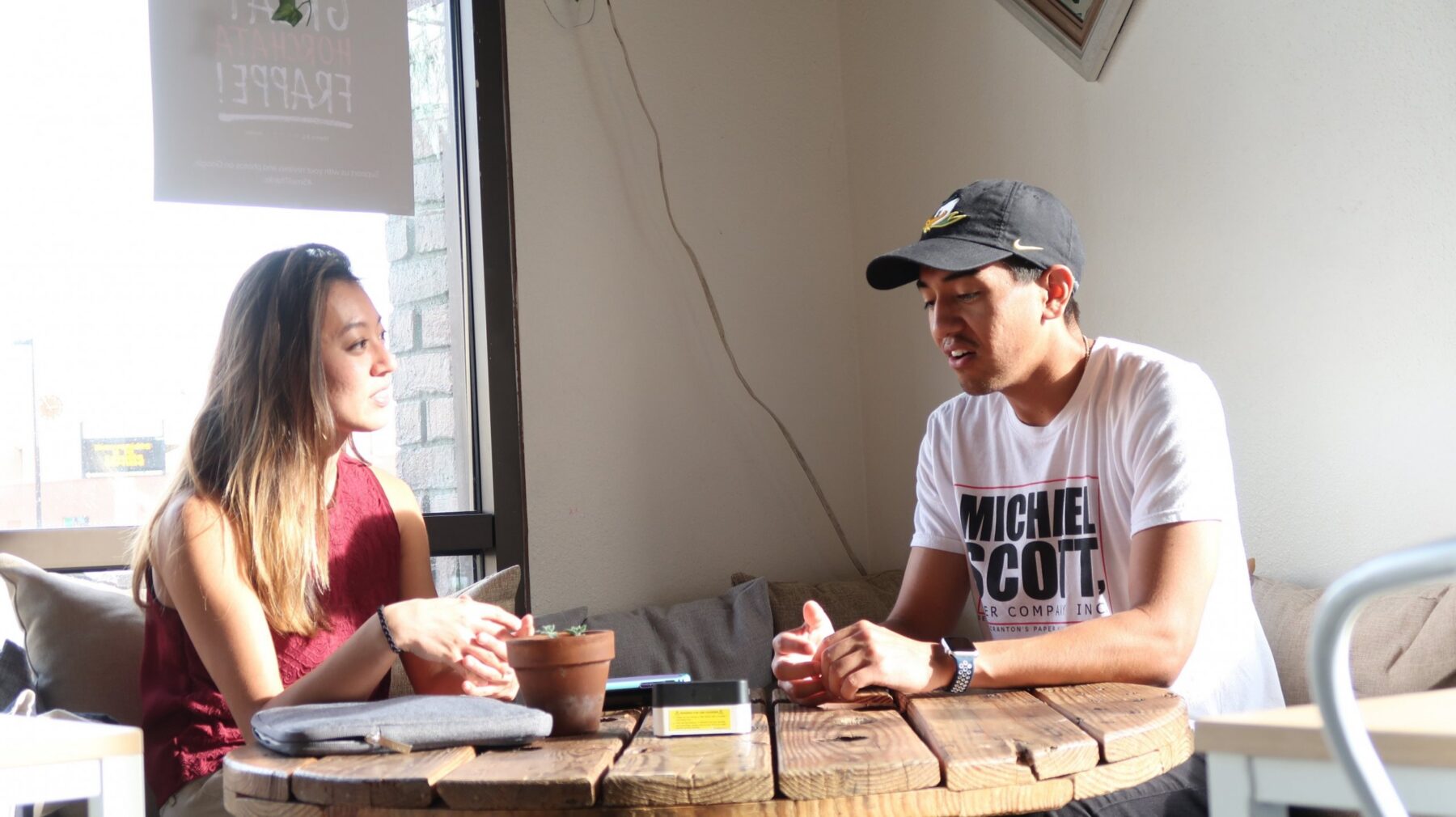How admissions officers react when parents pretend to be their kids. A school that pays for their accepted students to fly to campus. And how admissions is more intuitive than calculated. This week, SocratesPost continues our exclusive insider interview with Soka University admissions officer, Aaron Perry, who delves into the inner workings of this small, Southern California liberal arts college. Catch up from the first part of our interview.

Exclusive Insider Interview: Admissions Officer, Soka University
SocratesPost: What is something that, based on your experience and observations, applicants seem to misunderstand about getting into Soka?
Aaron at Soka: I think the class size itself. They might hear 112 or 115 or whatever and think, “Okay, that’s pretty good.” That’s not a lot of seats at all. It might as well be 50. It is very small. I think that’s kind of their hardest thing to wrap their minds around is we have like a 38% acceptance rate. And again, you’re competing with really the world, because we’re a very global campus. We have an international population. It’s tough.
SocratesPost: Well that tells you it’s like you will most likely not getting in because 38% is much lower than even half. It’s not like it’s a 50/50 or it’s a toss-up.
Aaron at Soka: No one’s even a coin flip. And so I think that to me, probably the harder part of my job too, is getting as many students excited about it and knowing that I’m not going to be able to take them all.
SocratesPost: Yeah, that’s true. Have you regretted any decisions that you’ve made on either accepting or rejecting an applicant?
Aaron at Soka: I’ve never regretted an admit. I’ve definitely been saddened to have to let someone choose another school and then oftentimes it’s UCLA, Stanford, Cornell. It’s like, “Yeah, go ahead. That’s amazing. Please don’t be hurt.” I’m really happy when I get to consider a student, moreso when they matriculate, because we do a sort of onboarding experience of Soka event that we plan. In that I’m often getting to be the one to be like, “Hey, congratulations. Once again, we want to fly you out and treat you to a weekend.”
SocratesPost: It’s very personal.
Aaron at Soka: It’s super personal. I’ll call a parent. “We’re actually wanting to pay for everything.” And they’re like, “Why? Why would you want to do that? I don’t understand.” “Well you’ve got an amazing student and we want to make sure they got everything that they want.”
SocratesPost: Does every student get that?
SocratesPost: That’s one of the benefits in this small school. It’s just all the personalized attention. Of course people talk about faculty to student ratio, but that’s not the only thing. There’s also your connection with the administration and with how much detail the counselors are putting into helping you transition.
SocratesPost: Speaking of family, a lot of admissions counselors have an opinion on the influence of families and parents on students’ applications. What is your take on that?
SocratesPost: Does that happen?
SocratesPost: Can you tell though, because it’s a more mature voice, maybe they’re using more mature vocabulary and they don’t sound like they’re 17?
SocratesPost: Does that reflect poorly on the student?
SocratesPost: That makes sense. So it sounds like you’re talking about there is no real rubric or rating system or check boxes that you use to evaluate. So is what you’re doing when you’re evaluating intuitive, subjective? Is it based on your understanding of Soka as an alum but also an admissions counselor?
SocratesPost: It’s interesting that not only the students can express their individuality on campus, but it’s almost like each admissions counselor can express their individuality when doing evaluations. So it’s almost, it’s very cohesive. Your values are present among the people who work for Soka, but also the people that you’re serving.
